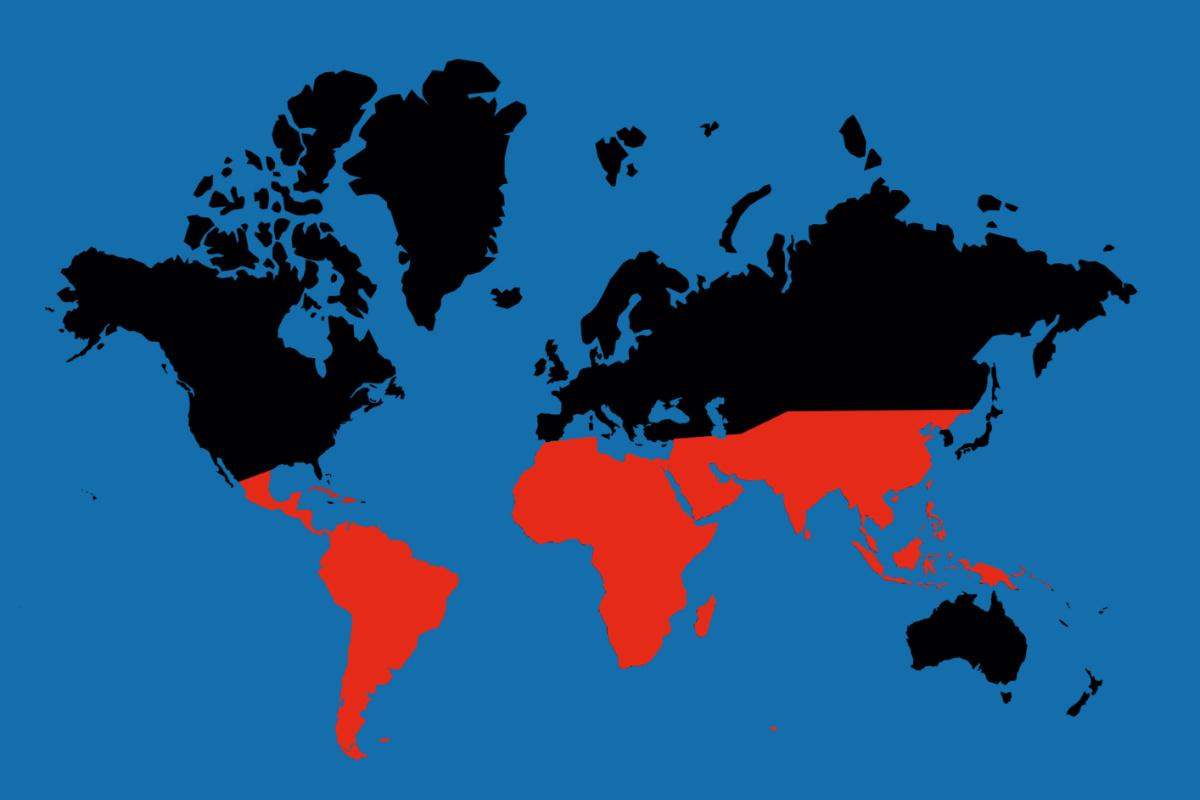Introduction
Climate change is a global challenge that requires a concerted effort from all regions of the world. Climate finance and law are two critical areas that play a significant role in mitigating and adapting to the impacts of climate change. Scholars from the Global South, which includes countries in Africa, Latin America, Asia, and the Pacific, bring unique perspectives and solutions to these fields. This essay explores the vital contributions of Global South scholars to climate finance and law research, the challenges they face, and the way forward to enhance their participation and impact.
The Unique Perspective of Global South Scholars
Global South scholars possess a deep understanding of the local contexts and challenges related to climate change. Their research often reflects the socio-economic realities of their regions, providing valuable insights that are sometimes overlooked by scholars from the Global North. For instance, the diverse legal and financial systems in the Global South offer a rich tapestry of approaches to climate finance and law, which can inform more inclusive and effective global strategies1.
Contributions to Climate Finance Research
One of the significant contributions of Global South scholars is the development of innovative financing mechanisms tailored to the needs of their communities. For example, community-based financing models and microfinance initiatives have been successfully implemented in various countries to support climate adaptation and mitigation projects3. These models not only provide financial resources but also empower local communities to take ownership of climate action.
Case studies from countries like Kenya and Bangladesh illustrate the effectiveness of these approaches. In Kenya, the establishment of the Kenya Climate Innovation Center has fostered the growth of green businesses through financial and technical support, showcasing the role of local researchers in driving climate finance innovation4.
Contributions to Climate Law Research
In the realm of climate law, Global South scholars have been instrumental in developing legal frameworks and policies that address the unique challenges of their regions. For instance, the Climate Change Act in Kenya and the National Climate Change Policy in South Africa are examples of legal instruments shaped by local expertise5. These frameworks not only guide national climate action but also serve as models for other countries facing similar challenges.
Moreover, Global South scholars have been active in climate litigation and advocacy, using legal avenues to hold governments and corporations accountable for their climate commitments. The landmark case of Urgenda Foundation v. State of the Netherlands, although initiated in the Global North, has inspired similar legal actions in the Global South, highlighting the interconnectedness of global climate law efforts6.
Challenges Faced by Global South Scholars
Despite their significant contributions, Global South scholars face numerous challenges that hinder their full participation in global climate finance and law research. Limited funding and resources are major constraints, affecting their ability to conduct comprehensive research and participate in international conferences and forums7. Additionally, access to global research platforms and networks is often restricted, limiting their visibility and influence in the global discourse8.
The Way Forward
To enhance the participation and impact of Global South scholars, it is essential to invest in capacity building and foster international collaborations. Initiatives such as joint research projects, exchange programs, and funding support can help bridge the gap between Global South and Global North scholars. Furthermore, policy recommendations should focus on creating an enabling environment for research in the Global South, including increased funding, improved infrastructure, and greater access to global research networks.
Conclusion
Global South scholars play a crucial role in advancing climate finance and law research, bringing unique perspectives and innovative solutions to the global stage. Addressing the challenges they face and supporting their contributions is essential for achieving a more inclusive and effective global response to climate change. By recognizing and empowering these scholars, we can ensure that climate finance and law research reflects the diverse realities of our world and drives meaningful action for a sustainable future.

